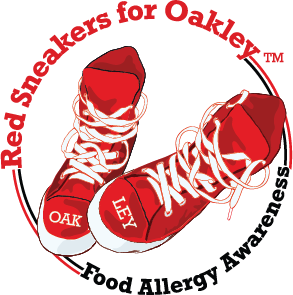Understanding Allergy Testing In Children
When there is a suspicion that your child may be allergic to certain foods, doctors often use a combination of skin testing and blood testing to test for a food allergy.
Understanding the testing and diagnosis process is crucial. To make it easy for you, we've listed below some of the common allergy testing methods, along with tests that your young one may have to take.
SKIN PRICK TEST: This common test involves placing small amounts of allergenic extracts on the skin and pricking the surface. This is typically done on a patient’s forearm or back. The presence of a reaction, such as redness or swelling, can indicate a potential food allergy. Skin tests may cause some itchiness, but usually goes away after about 30 minutes. The allergist may give the patient an antihistamine to take or a topical steroid cream. A positive skin test reaction to a certain food only indicates that the person may be allergic to the food. Allergists may request a blood test for additional information.
BLOOD TESTS: Blood tests, such as the IgE antibody test, measure the levels of specific antibodies produced in response to allergens. These tests can help identify potential food allergens that may be triggering symptoms. Again, if there are IgE antibodies to specific foods, it means the person might be allergic.
ORAL FOOD CHALLENGE: In this supervised test, the child consumes increasing amounts of the suspected allergen under medical supervision. This helps determine if a true food allergy exists after undergoing the skin prick and/or blood test or if the child has outgrown the allergy.
ELIMINATION DIET: Sometimes, healthcare providers may recommend an elimination diet to identify potential food triggers. Certain foods are temporarily removed from the child's diet, and then reintroduced one at a time to observe any allergic reactions.
It's important to note that certain tests may not be suitable for infants due to their age or reliability. For example, infants under six months old may not show reliable results due to their developing immune system. Additionally, some blood tests may not be as accurate in infants, as their immune systems are still maturing.
Source: https://kidshealth.org/en/parents/allergy-tests.html
